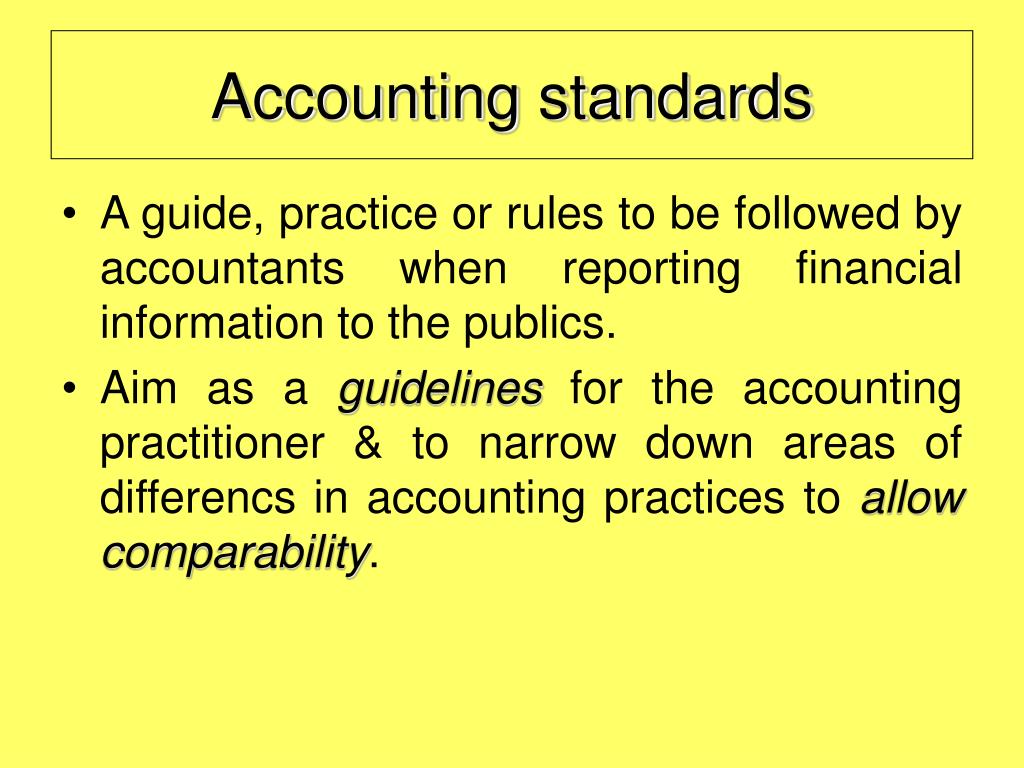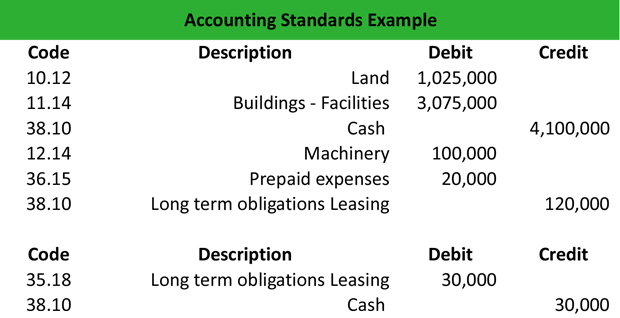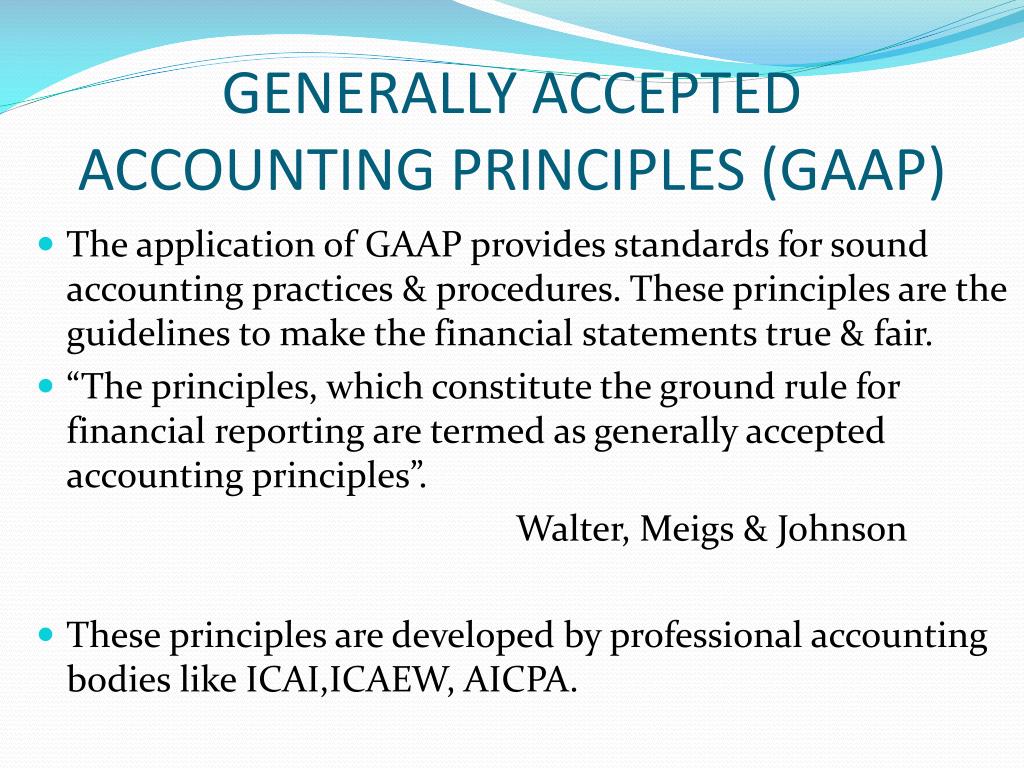

- ACCOUNTING PRINCIPLES DEFINITIONS FULL
- ACCOUNTING PRINCIPLES DEFINITIONS PROFESSIONAL
- ACCOUNTING PRINCIPLES DEFINITIONS SERIES
Understanding 10 of the Most Important Accounting PrinciplesĪlthough there are numerous principles and guidelines that make up GAAP as defined by the FASB, you can condense them into this list of 10 basic accounting principles that are some of the most commonly used in the industry-and therefore, some of the most important to understand.

ACCOUNTING PRINCIPLES DEFINITIONS PROFESSIONAL
These accounting principles guarantee consistency in accounting reports and financial statements among all businesses and therefore, help protect business owners, consumers, and investors from fraud. Ultimately, then, the more you understand about these basic accounting principles, the easier it will be to work with any accounting professional you hire for your business. In this case, we’re discussing number one, the basic accounting principles that dictate how your accountant does their job. The generally accepted industry practices.The basic accounting principles and guidelines.On the whole, however, GAAP consists of three parts: These accounting principles are often referred to as GAAP (pronounced “gap”)-meaning generally accepted accounting principles.

ACCOUNTING PRINCIPLES DEFINITIONS SERIES
Instead, the field of accounting is governed by a series of principles or rules as defined by the Financial Accounting Standards Board (FASB). The basic principles of accounting are not just any arbitrary principles that differ from accountant to accountant. What are the basic principles of accounting? What Are the Basic Principles of Accounting?īefore we explain 10 of the most common basic accounting principles, let’s start with a brief overview.
ACCOUNTING PRINCIPLES DEFINITIONS FULL
Full disclosure principle: All information that relates to the function of a business’s financial statements must be disclosed in notes accompanying the statements.Cost principle: The cost of an item doesn’t change in financial reporting.Specific time period assumption: Financial reports should show results over a distinct period of time.Monetary unit assumption: All financial transactions should be recorded in the same currency.Economic entity assumption: A business is an entity unto itself and should be treated as such.


 0 kommentar(er)
0 kommentar(er)
